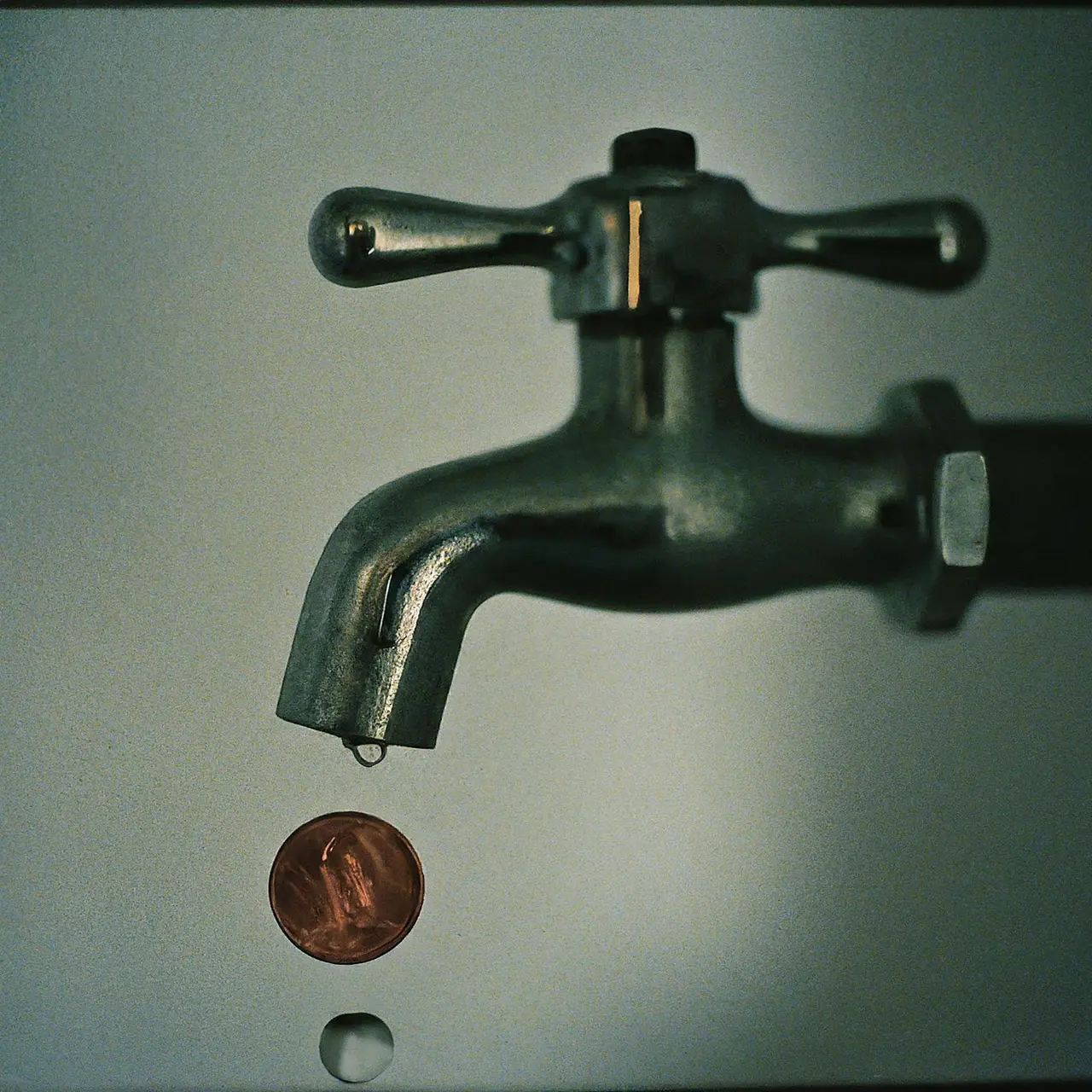Diving into the depth of environmental conservation, the ripple effect of reducing water cost shines brightly on our planet’s future. Understand why every drop matters.
Understanding the Impact of Water Cost on the Environment
The connection between water cost and environmental impact is complex and far-reaching. High water costs often reflect the extensive treatment, transportation, and maintenance required to deliver clean water, indirectly measuring the energy and resources consumed in the process. This consumption contributes significantly to environmental degradation, emphasizing the importance of water cost reduction in promoting sustainability.
Moreover, the financial pressure of escalating water bills encourages excessive water extraction and usage, further straining our natural water bodies. As we strive to reduce water cost, it’s crucial to understand its role in encouraging more efficient water use and less wastefulness, thereby reducing the strain on our planet’s limited water resources.
How Reducing Water Cost Benefits Ecosystems
Lowering the cost of water can lead to more sustainable usage patterns that directly benefit the environment. When water is more affordable and its usage is optimized, there is less incentive to overexploit natural water sources, allowing ecosystems to regenerate and maintain their biodiversity. Such balance is vital for the health of our planet, showcasing how economic measures can drive positive environmental outcomes.
This reduction also incentivizes the adoption of rainwater harvesting, greywater systems, and other sustainable practices, further alleviating the pressure on natural water systems. Ultimately, when we reduce water costs, we enable a ripple effect that reaches far beyond our immediate environment, fostering ecological resilience and biodiversity.
Economic Implications of High Water Costs
Beyond the environmental impact, the economic implications of high water costs are profound. They can limit access to clean water, particularly in underprivileged communities, exacerbating inequalities and hindering development. By working to reduce these costs, we are not only advocating for a sustainable future but also for a more equitable one where access to life’s most basic needs isn’t a luxury.
Strategies to Reduce Water Costs and Preserve Natural Resources
Several effective strategies can be employed to reduce water costs while preserving natural resources. These include investing in water-efficient appliances, implementing smart agriculture practices to minimize water wastage, and advocating for policies that promote water conservation and fair pricing. Emphasizing the importance of collective action, these strategies highlight that reducing water costs is not only feasible but fundamental to our environmental stewardship.
Community-based initiatives, like local watershed protection projects, also play a crucial role. By protecting the health of our water sources, we mitigate the need for costly treatment processes, naturally leading to reduced water costs and a healthier environment.
Furthermore, advancing technologies in water recycling and desalination are paving the way for more sustainable water management practices, promising a future where reducing water cost and preserving our planet go hand in hand.
Case Studies: Success Stories in Reducing Water Cost
Looking at real-world applications provides inspiring insights into the achievable benefits of reducing water costs. For example, cities that have implemented greywater recycling systems demonstrate significant savings in water costs, alongside notable reductions in freshwater demand. These success stories underline the practicality and importance of embracing water-saving technologies and policies.
Getting Involved: How You Can Help Reduce Water Costs
Individual action is a powerful catalyst for change. You can contribute to reducing water costs by adopting water-efficient practices at home, supporting sustainable water management policies, and raising awareness about the importance of water conservation. Through our combined efforts, we can forge a future where water is not only more accessible but also managed in a way that respects our planet’s delicate ecosystems.
Volunteering for local water conservation initiatives and choosing to support businesses that prioritize sustainable water practices are other effective ways to make a difference. By actively participating in these efforts, we take meaningful steps towards a more sustainable and equitable world.
The Ripple Effect of Water Conservation
As we’ve navigated through the currents of water cost, its significance to both our pockets and the planet is undeniable. Reducing water cost is not just an economic benefit but a lifeline for preserving ecosystems, fostering sustainable growth, and ensuring a healthier planet for generations to come. Together, by embracing responsible water usage and advocating for policies that lower water costs, we contribute to a wave of change, safeguarding Earth’s most precious resource.


